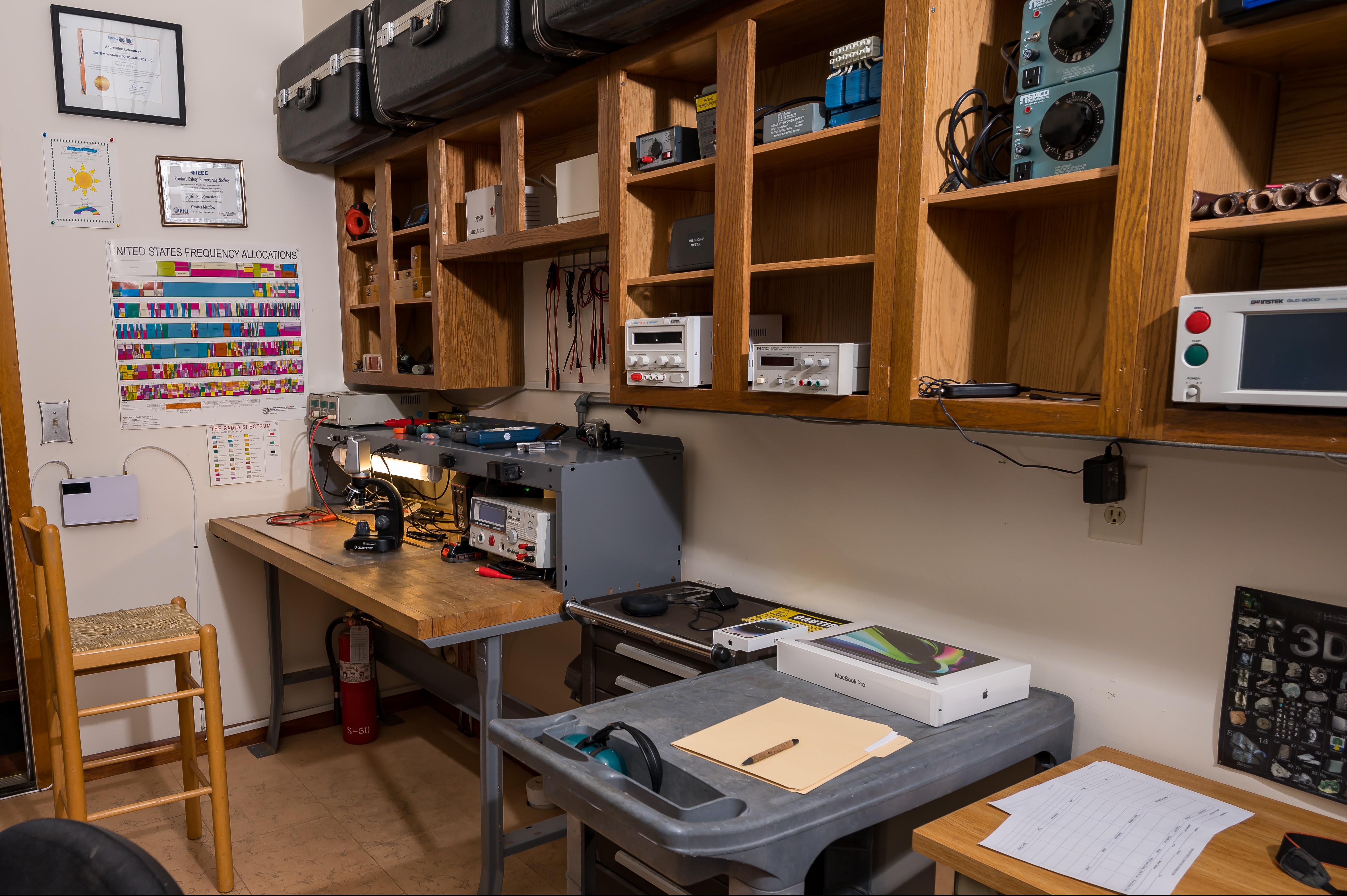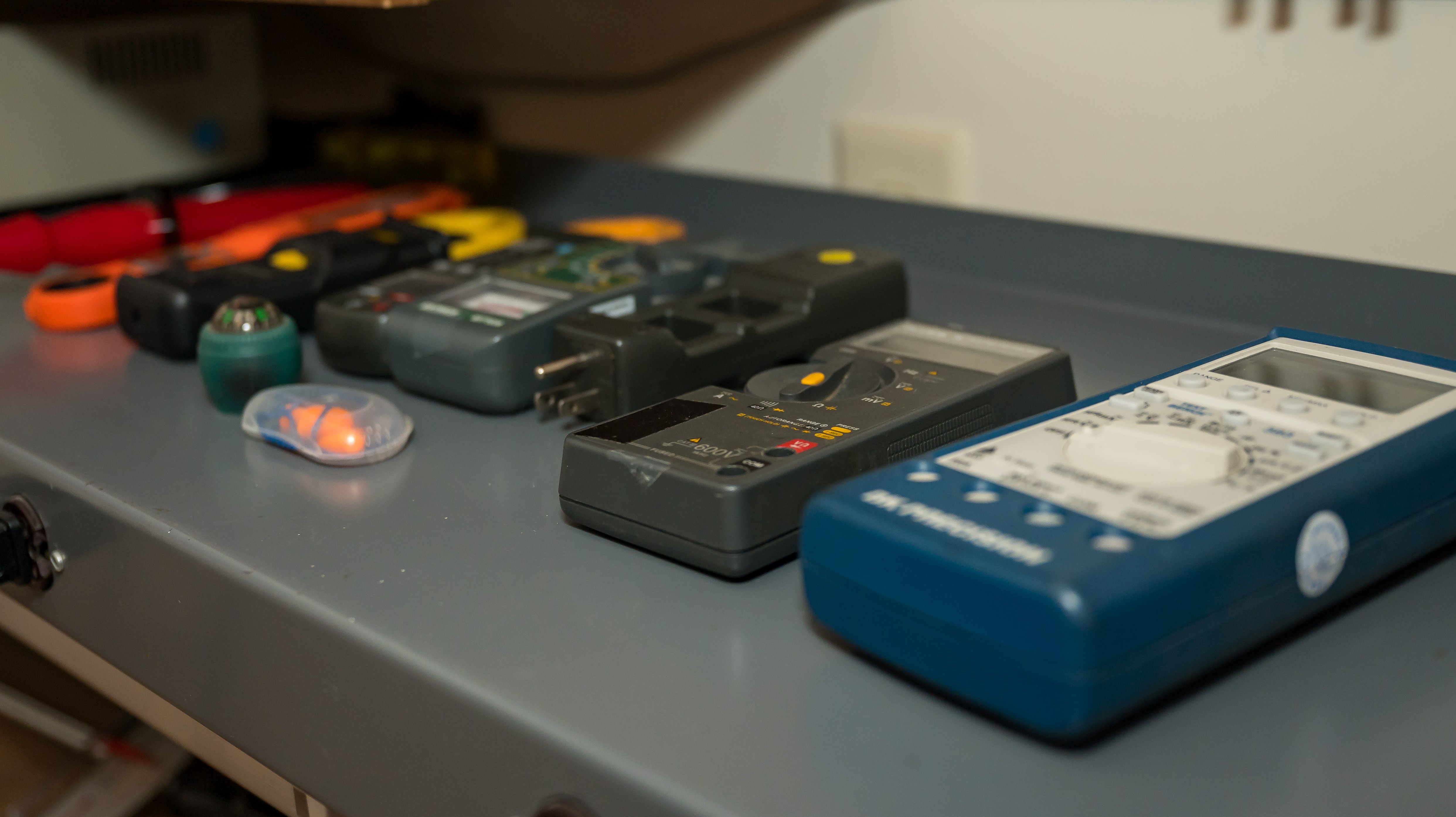
Why CE Testing is Key to the Safety and Compliance of Laboratory, Control and Measurement Equipment
CE testing isn’t just a formality—it’s a critical process that ensures measurement, control and laboratory equipment meet stringent safety and compliance standards. It’s the way to achieve increased product reliability and wider market access. For manufacturers, understanding the importance of CE testing is essential for both regulatory compliance and maintaining market competitiveness.
Understanding CE Testing
What is CE Testing
CE testing for laboratory equipment involves a series of assessments to ensure products comply with relevant European Union (EU) directives and regulations. The CE Marking signifies that a product meets EU safety, health, and EMC requirements, allowing it to be sold freely within the European market. For control and measurement device manufacturers, CE testing is not just a regulatory requirement but also a mark of quality and reliability.
CE Compliance for Laboratory Equipment
CE compliance for laboratory testing instruments entails adhering to specific guidelines and standards applicable to laboratory environments. These instruments must be tested to verify their accuracy, safety, and reliability. By achieving CE compliance, manufacturers can assure users that their instruments meet the highest standards, thereby enhancing their reputation and competitiveness in the market.
CE Testing Standards and Regulations
CE Standards to Follow
Understanding and adhering to CE standards EN 61326-1 and EN 61010-1 are crucial for compliance for Laboratory, Control and Measurement equipment. These standards cover various aspects, including electrical safety and electromagnetic compatibility. For these devices, EU directives and regulations must be followed to ensure products meet the highest level of safety and performance.
Following CE Testing Standards
Following CE testing standards involves a comprehensive framework that covers product performance, safety, and EMC. Manufacturers must ensure their products meet these regulations by adhering to specific compliance requirements. This includes conducting thorough testing to verify that products exceed customer expectations in terms of quality and durability.

The CE Testing Process in Manufacturing
CE Testing in Manufacturing
CE testing is an integral part of the laboratory instrument manufacturing process. It ensures that every device meets strict safety and performance requirements before reaching the market. Implementing quality control measures through CE testing helps prevent costly recalls and reputation damage, protecting the brand and ensuring long-term success.
Using the CE-Mark
For manufacturers seeking to use the CE Mark, the process involves careful planning and execution. The steps include:
-
Conduct Risk Assessment: Identify potential risks associated with the product.
-
Perform Necessary Tests: Carry out required testing to ensure compliance.
-
Maintain Technical Documentation: Keep detailed records of compliance and testing procedures.
-
Ensure Continuous Compliance: Regular audits and updates to maintain certification.
By following this structured approach, manufacturers can efficiently achieve CE certification and ensure ongoing compliance.
Benefits of CE Marking
Compliance with Safety Standards
One of the most significant benefits of CE testing is ensuring that products meet essential safety standards. For measurement equipment manufacturers, CE compliance is crucial as it guarantees that devices operate safely under normal conditions, reducing the risk of malfunctions that could lead to accidents or incorrect measurements. This is particularly critical in environments like laboratories and industrial settings where precision and safety are paramount.
Increased Product Reliability
CE certification not only signifies compliance but also enhances product reliability. Through rigorous testing processes, manufacturers can identify and rectify potential issues before products enter the market. This proactive approach results in higher quality products that perform consistently, fostering customer trust and satisfaction. Reliable equipment is essential in laboratory and control environments where consistency is key to accurate results and safe operation.
Supporting Regulatory Compliance
Navigating the regulatory landscape can be challenging for manufacturers. CE testing simplifies this process by providing a clear path to compliance. By adhering to CE Marking requirements for laboratory equipment, manufacturers can ensure their products meet all necessary regulations, avoiding legal issues and market barriers. This streamlined approach saves time and resources, ensuring products are always market-ready.
Market Access
The CE Mark is recognized across the European Economic Area (EEA), allowing manufacturers to sell their products freely within these regions. This global recognition is invaluable for expanding business and reaching new customers. Many international markets view CE Marking as a mark of quality and safety, making CE-marked measurement equipment more attractive globally. The technical requirements of CE also meet the US and UK requirements.
Benefits for Manufacturers
The advantages of CE extend beyond mere compliance. Certified products gain greater credibility and trust in the market, leading to increased sales and customer loyalty. Additionally, CE marking simplifies the approval process for entering other regulated markets, saving time and reducing barriers to entry. For companies that prioritize quality and safety, CE compliance serves as a foundation for long-term growth and innovation.

CE Marking for Manufacturers
Overcoming Technical Challenges
While obtaining CE Marking can be resource-intensive, manufacturers can adopt several strategies to streamline the process:
- Early Planning: Integrate CE compliance considerations into the product design phase to avoid costly redesigns.
- Expert Consultation: Partner with specialized labs like Green Mountain Electromagnetic to navigate the certification process efficiently.
- Continuous Improvement: Establish ongoing compliance monitoring to maintain certification and adapt to evolving standards.
Ready to Navigate the CE Testing Process?
At Green Mountain Electromagnetic, we specialize in CE testing for specialized equipment. Let us guide you through the certification process to ensure your products meet all necessary requirements. Contact us today to discover how we can support your CE compliance and help you achieve market success.